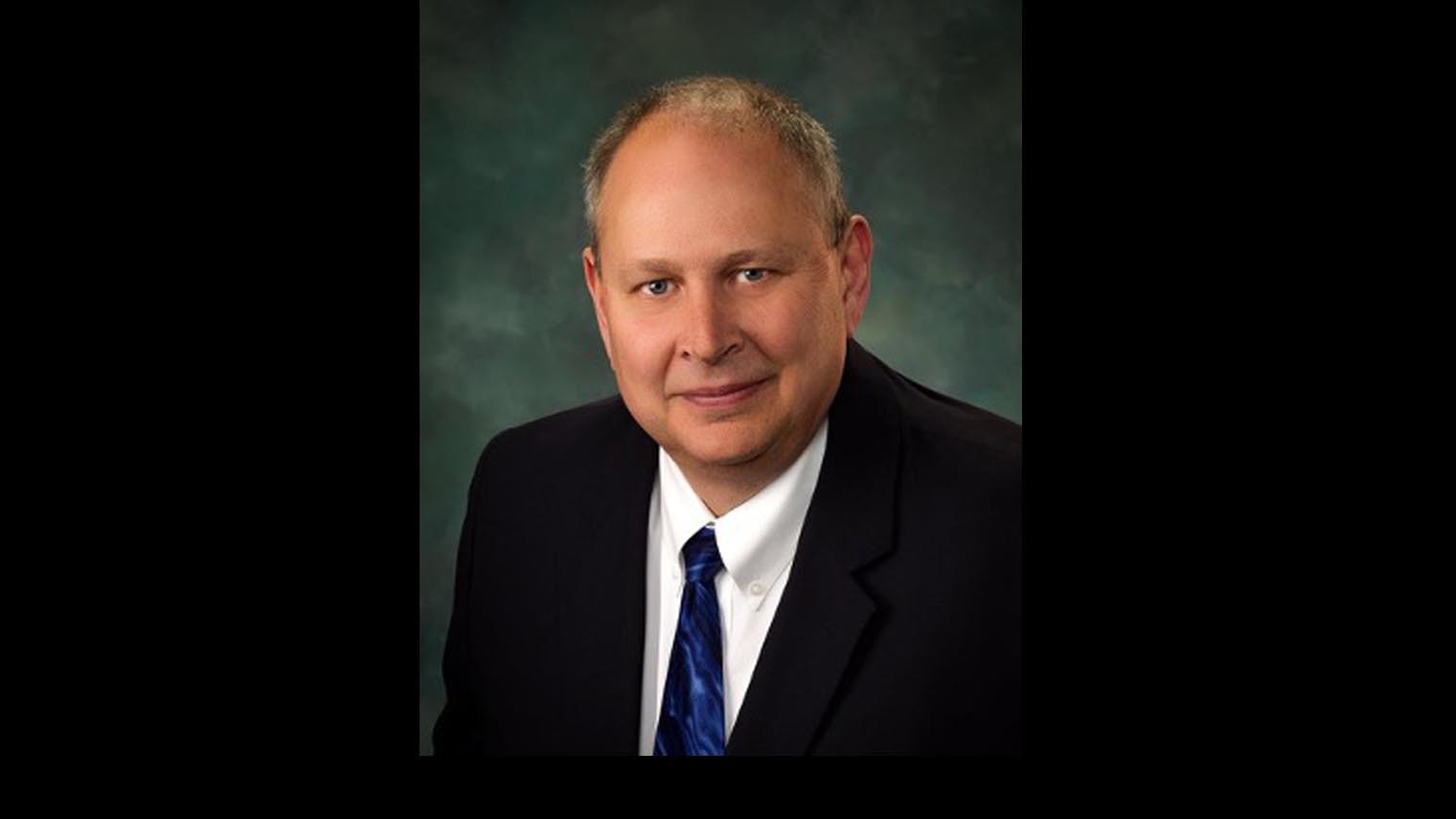One of the strategies legislators use as a weapon to jam things through without full consideration is to use time as a weapon.
For example, during interim committee meetings, artificial constraints are placed on time available to discuss an issue, limiting the chance for public input. As a result, issues can be jammed through without any meaningful input.
Let’s use the Joint Judiciary Committee’s August 12, 2025, meeting agenda for an example.
With so little time for public comment, suspect motives are indicated.
Typically, in a committee meeting, the proponent of the bill introduces the bill and explains the language of the bill. Then, the committee asks questions about the language. This process usually takes twenty to thirty minutes. Then, the public is asked to comment.
In the upcoming judiciary committee meeting, almost no time is scheduled for public input on some pretty important topics. Let’s look at the morning alone.
At 8:05, for forty minutes, the Department of Family services will present a bill on DFS Confidentiality statutes. Any time government wants to make something confidential, the public needs to sit up and take notice.
The bill draft is not available, yet, but laws hiding things from the public deserve strict scrutiny. The bill presentation will eat up the bulk of the time, and ten or so minutes will be left for public comment before the agenda forces discussion of a different topic.
From 8:45 until 9:40 that morning, the Committee will hear a bill on mineral interest and ownership. The bill draft is not available, yet, but my understanding is that if minerals that have been severed from the surface ownership are not used for a period of time, the surface owner can take them.
In other words, the Wyoming legislature is going to transfer ownership of minerals – which may have been in a family for generations, from the mineral owner to the surface owner with this bill.
The bill will be introduced by the proponent, and then two people are already scheduled to testify. With the introduction of the complex bill, and the testimony of the Wyoming Mining Association and the Petroleum Association of Wyoming, precious little time will be allotted for a bill that has the potential to take assets from one group of people and give them to another group of people.
Then, from 9:40 to 10:50, the Committee will consider a bill to change the criminal laws regarding theft. Two bills will be presented at that time, taking collectively 40 or so minutes of legislative time. Then, testimony of two witnesses is already scheduled. I guess input from the public is not considered important.
Then, from 10:50 until 11:30, or for 40 minutes, the Committee will consider politicizing the selection of Supreme Court Justices. In 40 minutes, the Committee will hear a bill to create Robert Bork/Anita Hill style confirmation hearings for nominees to be supreme court justice, thus politicizing the court system. It is an attempt at the legislature to try and take control of the judicial branch.
Introduction of the bill draft will take 20 minutes, and 20 minutes will be available for the public to comment on a fundamental reorganization of our system of government. Why care what the public thinks?
Then from 11:30 to 12:00, the chronically understaffed and overworked Wyoming State Hospital will present the difficulties it faces in treating the chronically mentally ill people in the state of Wyoming. Testimony is already scheduled for a representative of the Wyoming Department of Health and the Wyoming Association of Chiefs of Police.
Expect graphic testimony about people who languish in jail for months waiting for a spot to become available up in the state hospital for treatment and evaluation. Don’t expect the opportunity for public comment.
The afternoon is overpacked as well, but in a 750-word column, there is not space to discuss – which might be the motivation for such a full agenda.
In the afternoon, the committee will hear from the Department of Corrections, rewriting stalking and grooming laws, making criminals out of librarians, fundamentally rewriting the probate code (the way we transfer assets of someone who died) and hearing about the scourge of fentanyl.
Each one of these topics deserves a full day of hearing. Why railroad important legislation without hearing from public? What is the legislature afraid of?
The current legislature has developed a pattern of stifling public comment. Could it be the input of the Wyoming citizens is an impediment to consolidation of power in a few puppet masters in the legislature?
Tom Lubnau served in the Wyoming Legislature from 2004 - 2015 and is a former Speaker of the House. He can be reached at: YourInputAppreciated@gmail.com





